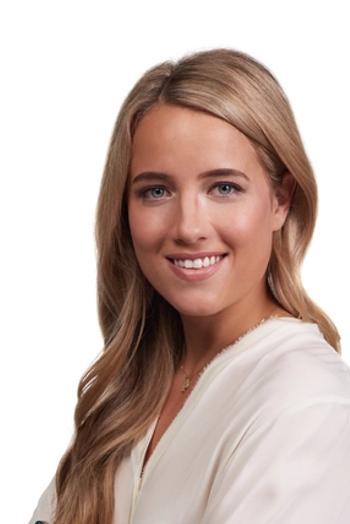
Will Today's Medical Students Have Enough Training for Your Practice?
If you're looking to hire a recent medical school grad for your practice, here are some things to help you and the new physician acclimate to the new environment.
With the current physician shortage expected to grow over the next decade, many practices will soon be heavily recruiting current medical students and recent graduates. However, before they do so, they should gain a better understanding of the education that today's students are receiving and fill any gaps to ensure the success of their new hires.
New Challenges on the Horizon
In 2013, the
Are American Postgraduate Programs Equipped to Handle These Challenges?
A study appearing in a 2013 issue of
What Can We Learn from Residency-Equivalent Programs Overseas?
In an editorial posted on
How to Identify Talent
No formal rankings of residency programs exist. So the best way to identify the top U.S. programs is by speaking with other doctors. Physicians in large organizations typically work with other doctors from a wide range of backgrounds and therefore should be able to recommend programs that turn out quality doctors based on their colleagues' performance and experiences. If you're unable to reach out to physicians locally or through the professional organizations with which you're affiliated, then a recent report by
Set Them Up for Success
When hiring physicians who've recently completed postgraduate training, you can help ease the transition by providing administrative support and mentoring. Be prepared to bring them up to speed by using informative literature and training sessions on alternative healthcare delivery systems within your practice. Establish a point of contact in the office, such as your practice manager or an administrative assistant - someone whom the new hire can feel free to turn to with any administrative questions or scheduling concerns. Additionally, match the new hire with a physician mentor. Providing this type of one-on-one support in the beginning will help new physicians overcome any disparities between what they learned during postgraduate training and what they need to know in order to succeed in your practice.
Newsletter
Optimize your practice with the Physicians Practice newsletter, offering management pearls, leadership tips, and business strategies tailored for practice administrators and physicians of any specialty.








